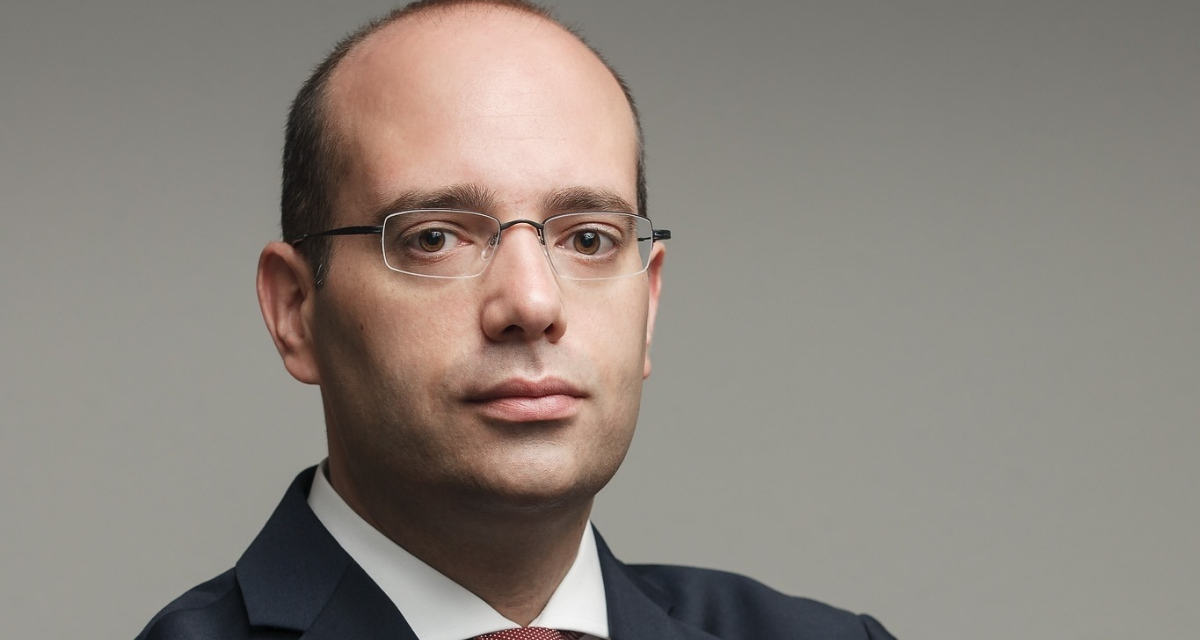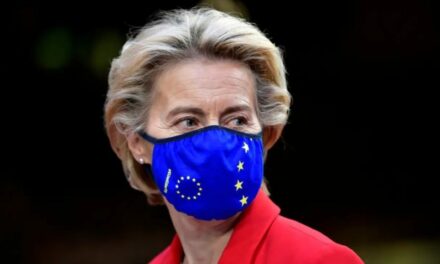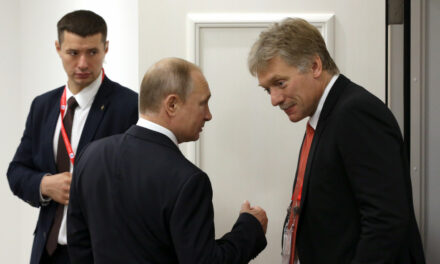By electing a force led by a right-wing politician, Dutch voters sent a strong message of rejection of migration.
Early elections were held in the Netherlands, which took place because the government of Mark Rutte, the right-wing liberal prime minister who has ruled the country for 12 years, resigned in July this year after failing to reach an agreement on a migration policy issue, the handling of family reunification of refugees. In the end, the Freedom Party (PVV) led by Geert Wilders won, they obtained 38 mandates. The right-liberal Free Democratic People's Party (VVD) won 24 seats, while Frans Timmermans's left-wing alliance won 24 seats.
Although Wilders' victory may not bring him to power, it may be the same as we saw recently that despite the victory of the Law and Justice Party (PiS) in Poland, they have little chance of forming a government, but recently in Spain too, thanks to an absurd coalition, the winner is not the winner either. party may eventually govern, and this situation may also occur in the Netherlands.
The fact that he won does not mean at all that Geert Wilders can govern - said Sámuel Ágoston Mráz, head of the Viewpoint Institute.
It may happen that a coalition of parties that fall short of the electoral victory can form a government, and this can be traced back to the peculiarity of the Dutch electoral system, which is a list and proportional electoral system and gives every party a chance to enter. This creates a very fragmented, non-uniform, motley parliament, in which it is difficult to form a stable coalition. Mark Rutte was also able to stay in power for so long because he played his cards shrewdly.
It should be added that if an illegitimate, unstable coalition leads the country after such a clear election result, it will further deepen the political crisis - emphasized Mráz.
It may happen that Wilders will be left out of the government: even though his party won 38 mandates, he will not have a say from the opposition and will not be able to govern at any level. For now, a long series of negotiations will begin, the outcome of which can be influenced by many things. There may also be a scenario where the PVV will eventually have to enter into a coalition with the VVD if they want to govern. That is, no matter what happens, a diverse coalition will definitely come to power in the Netherlands.
In the end, Rutte did not run in the elections, although he promised when he resigned that he would give up politics completely, but this cannot be the end of his career.
It is the end of a career that was surrounded by many scandals and lies and in which he played his former allies against each other many times. The voices are getting louder that the former prime minister applied for the position of NATO Secretary General, and this describes well the state of the Brussels elite now. His party, the VVD, was spectacularly unable to compete with the PVV.
Frans Timmermans, the Hungarian-hating politician who returned to Dutch politics in the summer, did not cause euphoria even among the Dutch.
It is safe to say that he lost this election. The 24 mandates he gathered could be worth a lot in a potential government coalition negotiation process, but if he eventually became prime minister, which many people were calling for, it would be an illegitimate government, the expert pointed out.
The issue of migration has become one of the defining topics of the Dutch election campaign.
Even the pre-arranged election had to be held because Mark Rutte called the disagreements on the migration issue insoluble and the four leading parties at the time came to the conclusion that no agreement was possible.
After the number of people arriving in the country almost doubled just last year, which further aggravated the already severe housing crisis.
Wilders, who is now victorious, promised during the campaign to block the "migrant tsunami".
By electing Wilders, the Dutch sent a strong message of their rejection of migration, which clearly shows how important the issue of migration can become during next year's European Parliament elections. It can be seen that although migration is only a Hungarian issue according to many, each election result shows that it is increasingly becoming a pan-European issue.
Wilders' victory confirms the policy that Viktor Orbán has been pursuing for years, and also pointed out that the phenomenon of anti-migration is a pan-European issue, the expert emphasized. For the time being, this looks promising in connection with the parliamentary elections in June, he added.
It should not be forgotten that it was the Netherlands that rejected the association agreement with Ukraine. The Dutch population can identify with several questions raised in the national consultation.
The bureaucrats in Brussels are clearly conducting a discrediting campaign against Wilders, they are trying to influence Dutch domestic politics by not allowing anyone to negotiate with him. And with this, they want to achieve that he cannot have any influence in the Dutch government either. We can be sure that the mouthpieces of Brussels will do everything to prevent his power.
Cover image: Sámuel Mráz Ágoston evaluated the results of the Dutch election
Source: Facebook/Viewpoint of Ágoston Mráz












